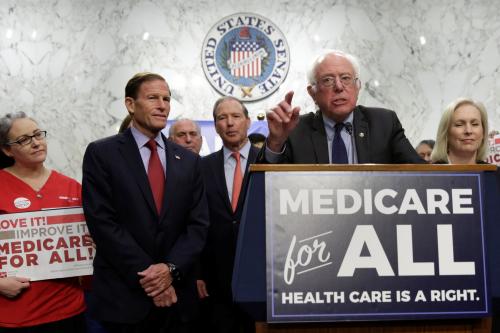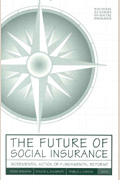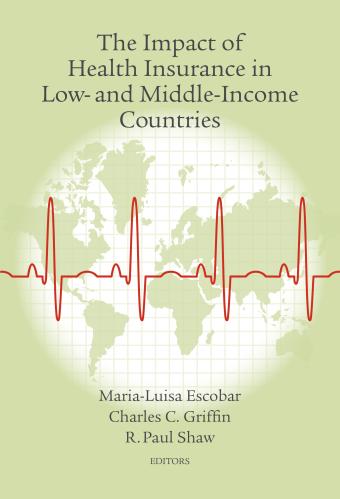As expected, Republican senators who appeared in public during their break ran into a buzz-saw of opposition to their leadership’s proposed replacement for Obamacare. Their job won’t get any easier when they return to Washington, and the latest Economist/YouGov survey shows why.
47 percent of Americans approve of Obamacare; 42 percent do not. 47 percent say that it should be kept the same or expanded, compared to 37 percent who say it should be repealed. 38 percent think Democrats would do a better job handling health; only 28 percent think the Republicans would.
Shrinking the benefits health insurance policies should be required to offer, as many Republicans have proposed, fares no better. More than 70 percent of Americans support mandatory coverage for laboratory tests, emergency services, prescription drugs, mental health and substance abuse, maternity and newborn care, pediatric services, physical and occupational therapy, ambulatory services, prevention, chronic disease management, and hospital stays.
The people are no happier about other possible reductions. 73 percent say that insurance companies should not be allowed to refuse coverage to people with preexisting conditions, and 66 percent reject charging those people higher premiums. 76 percent (including 67 percent of men) oppose charging women higher premiums than men. 59 percent think that insurance companies should not be allowed to impose lifetime limits on benefits. Although 58 percent oppose requiring individuals to purchase insurance (the “individual mandate”), 53 percent oppose the Republicans’ alternative—allowing insurance companies to charge people higher premiums if they don’t maintain continuous coverage—and 59 percent oppose making people wait 6 months to regain coverage if they have allowed it to lapse for more than 60 days.
Turning now to the other major elements of the Republican plan, survey respondents were asked whether they would support or oppose cutting funding for Medicaid if it meant they would receive a tax cut but millions of Americans would lose coverage. 20 percent supported cutting Medicaid, compared to 65 percent who oppose it, 46 percent “strongly.”
What about the latest proposal made by some Republican senators and endorsed by President Trump—repealing Obamacare now and replacing it with something else later? A total non-starter: 64 percent of Americans oppose it.
When Americans were asked for their all-things-considered judgment about the Republicans’ proposed changes to the health care system, only 27 percent registered support (7 percent strongly), compared to 47 percent who opposed it (32 percent strongly). Support among Independents stands at 23 percent; among moderates, 20 percent. It’s not hard to see why: only 12 percent of Americans think they will be better off if the Republican reform passes, compared to 35 percent who think they will be worse off. Forced to choose between the Republican plan and doing nothing, 28 percent prefer the Republican plan, while 42 percent opt for the status quo.
If the Republicans hadn’t spent the past seven years promising to repeal and replace Obamacare, their choice would be obvious: walk away and get to work on tax reform. Many Republican strategists think this would be the better course anyway, but few of them will say so publicly.










Commentary
Polling Spotlight: No good news for GOP in the latest health care opinion polls
July 6, 2017